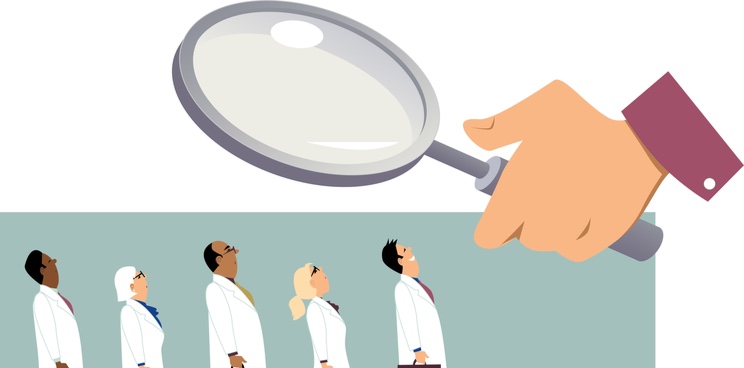Newsletter Signup - Under Article / In Page
"*" indicates required fields
Update (02/04/2020): The FDA has concluded an investigation into a data manipulation scandal surrounding the approval of Novartis’ gene therapy Zolgensma, and has decided against sanctions.
The FDA launched an investigation into the manipulated data surrounding the gene therapy application last year, and recently reported that the investigated data violations didn’t meet the threshold for regulatory penalties.
Published 07/08/2020
The FDA is reassessing Novartis’ approved gene therapy Zolgensma after the company admitted to submitting manipulated data in its approval application.
A storm has arisen over Novartis’ gene therapy Zolgensma, which was approved by the FDA in May this year for the treatment of children with the rare disease spinal muscular atrophy.
According to a recent statement from the FDA, Novartis’ Zolgensma application contained manipulated data from animal experiments establishing the manufacturing process of the therapy. To make things worse, the FDA statement says that Novartis’ gene therapy arm AveXis knew about this issue “before the FDA approved the product, yet did not inform the FDA until after the product was approved.”
According to the FDA statement, the manipulated data make up a small part of the total data included in the submission, and so far are not relevant to the clinical evidence for Zolgensma’s benefits. As a result, the gene therapy will remain in the market for now. However, the FDA reported that it is considering imposing “civil or criminal penalties” if it becomes necessary.
“Ensuring truthful, complete and accurate data in product applications is a critical component of industry’s responsibility as they work to demonstrate the safety, purity, and potency of biological products,” stated Peter Marks, Director at the FDA Center for Biologics Evaluation and Research.
In its own statement, Novartis said that AveXis voluntarily notified the FDA of the issue on the 28th of June. While the statement didn’t mention Novartis‘ failure to disclose the issue to the FDA earlier, the company said that it’s committed to preventing this from happening in future programs.
“We’re acting on the individuals involved,” the big pharma company’s CEO, Vas Narasimhan, stated in an investor briefing call. “We’re grateful for the courageous scientists who stepped up to tell us about this and enabled us to get to the bottom of this quickly and move ahead.”
This latest controversy casts a cloud over what is currently the most expensive drug in the world. In terms of the field in general, it could also damage the image of gene therapies at a point when they are just beginning to take off.
Images from Shutterstock






